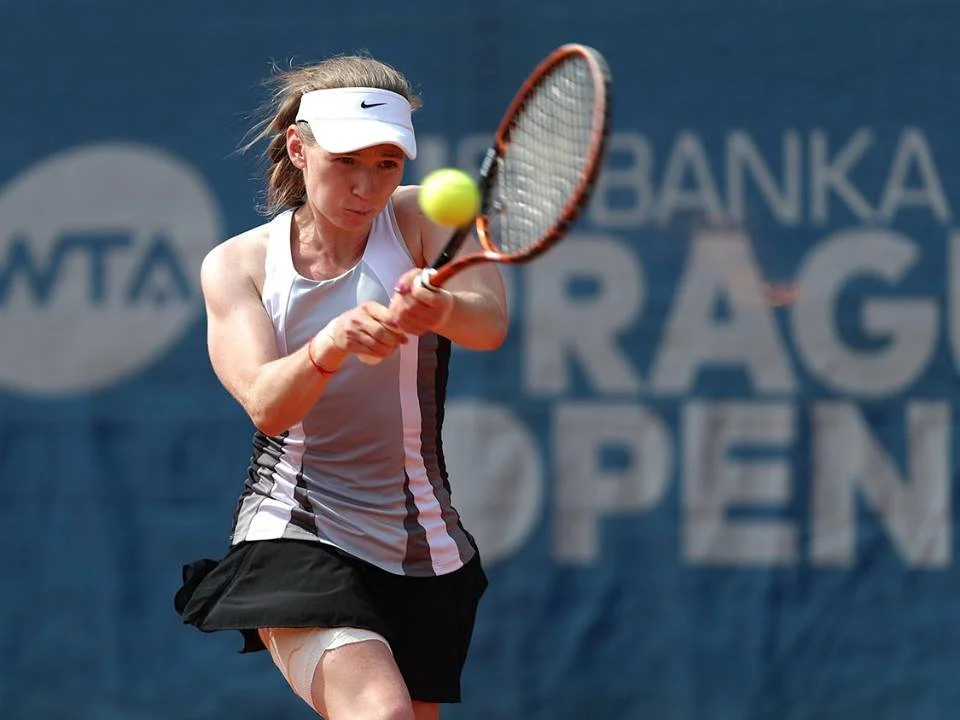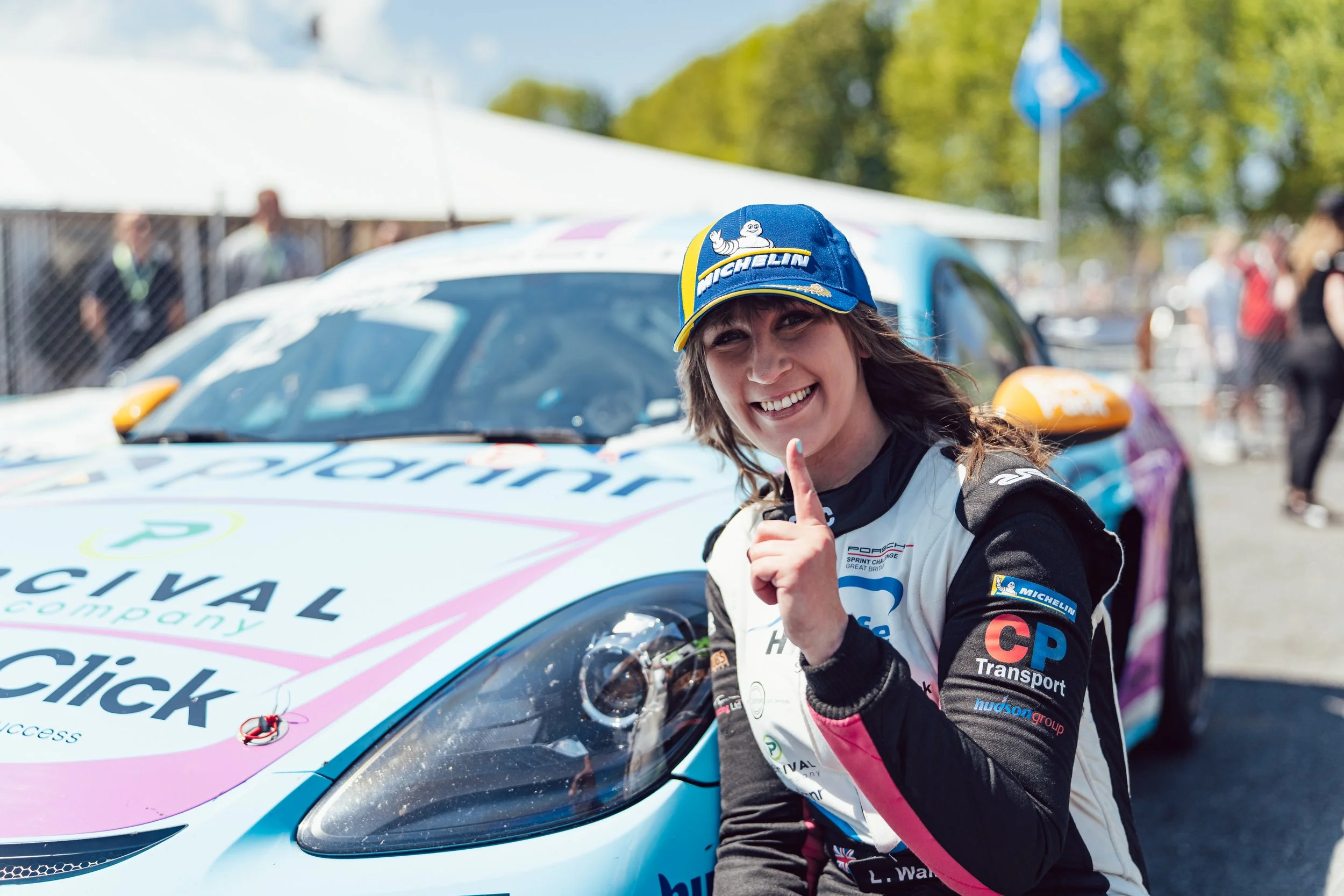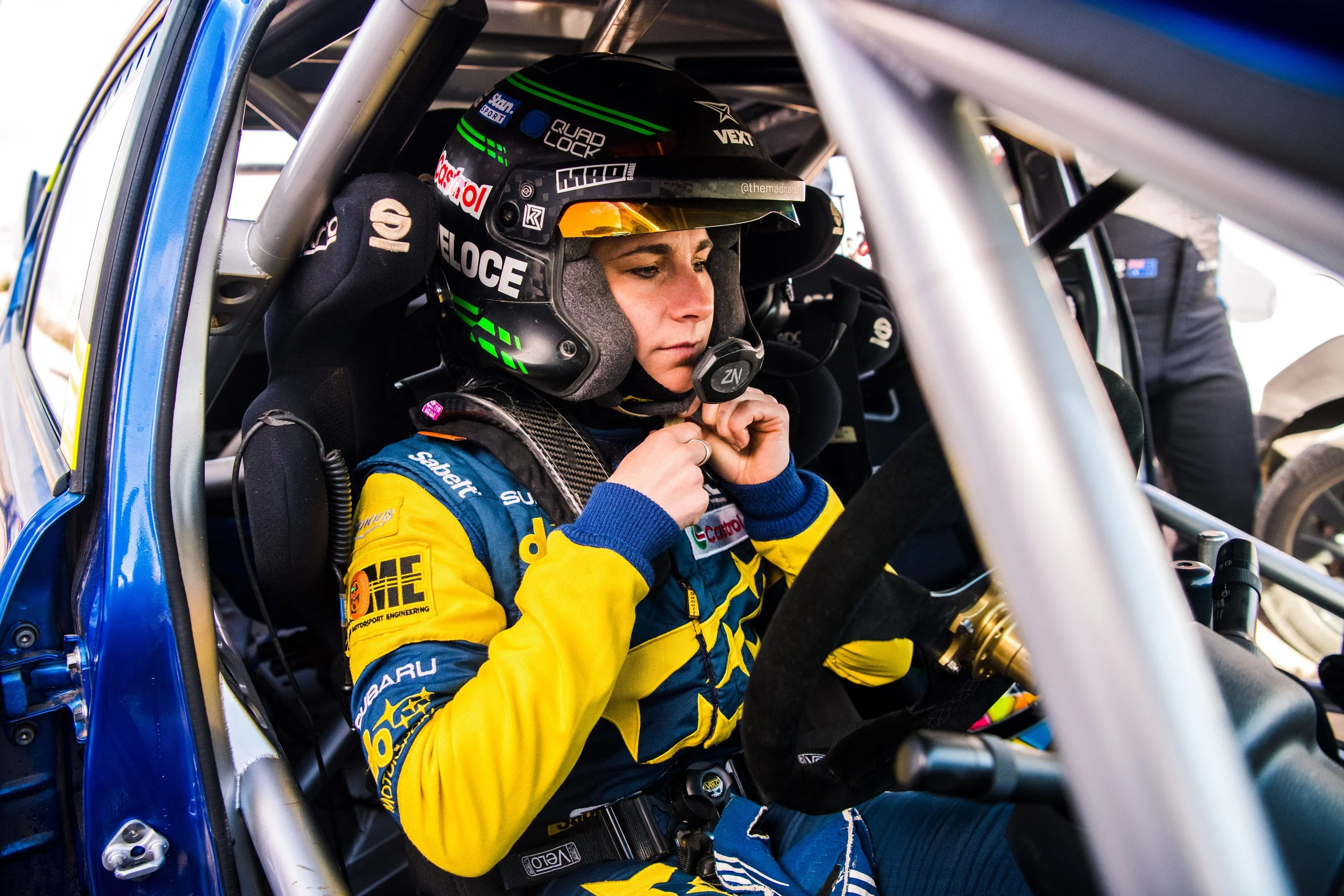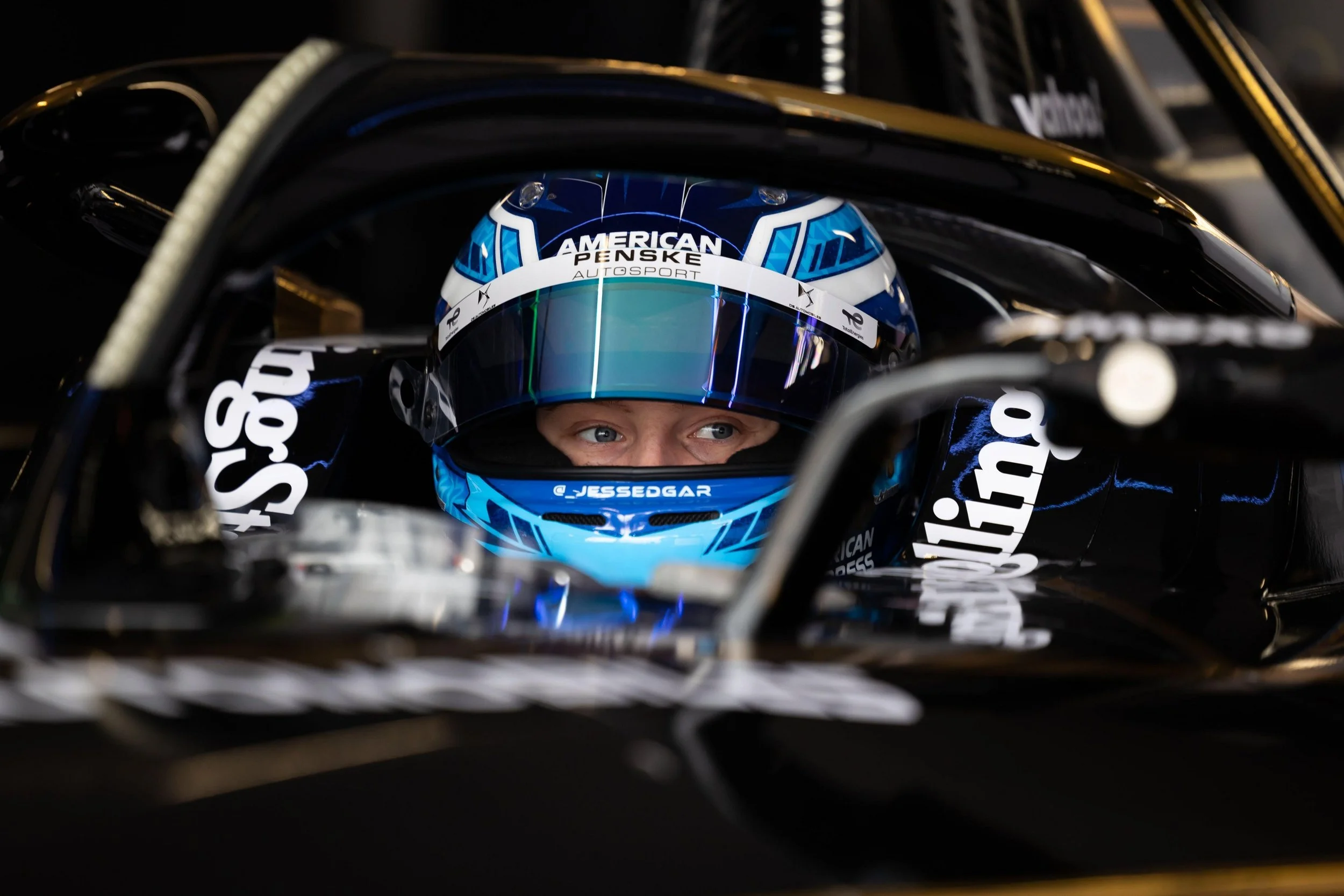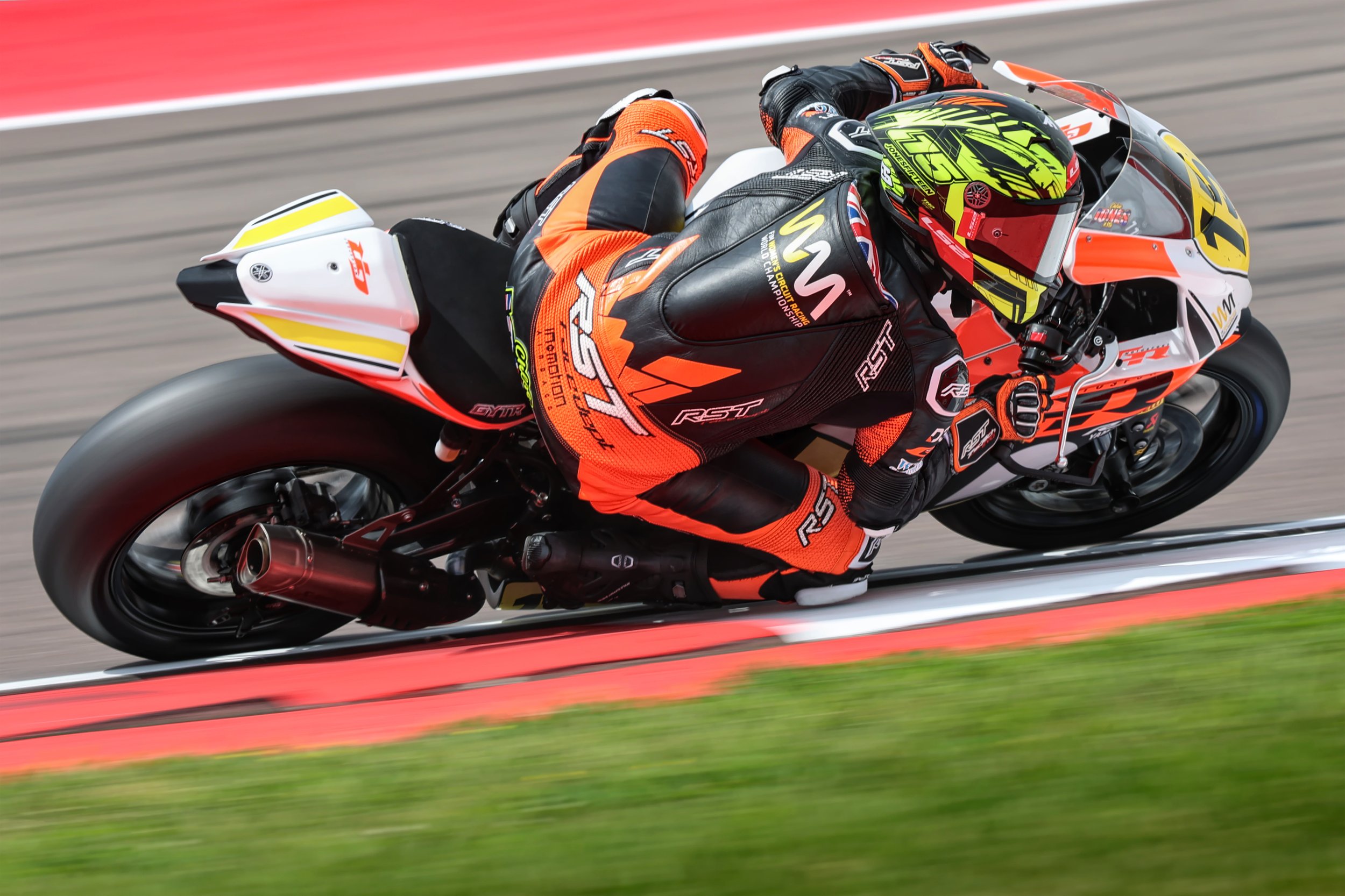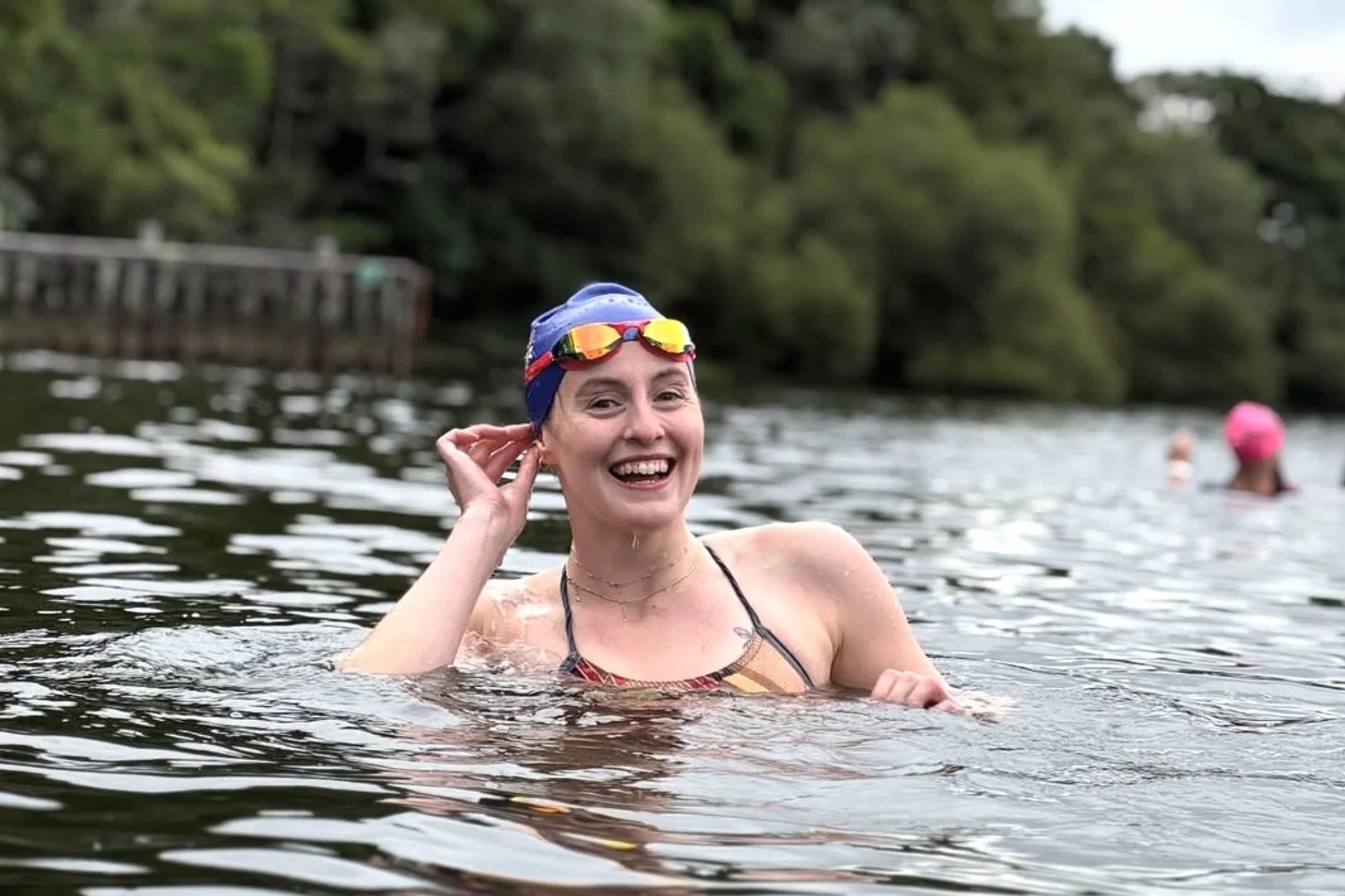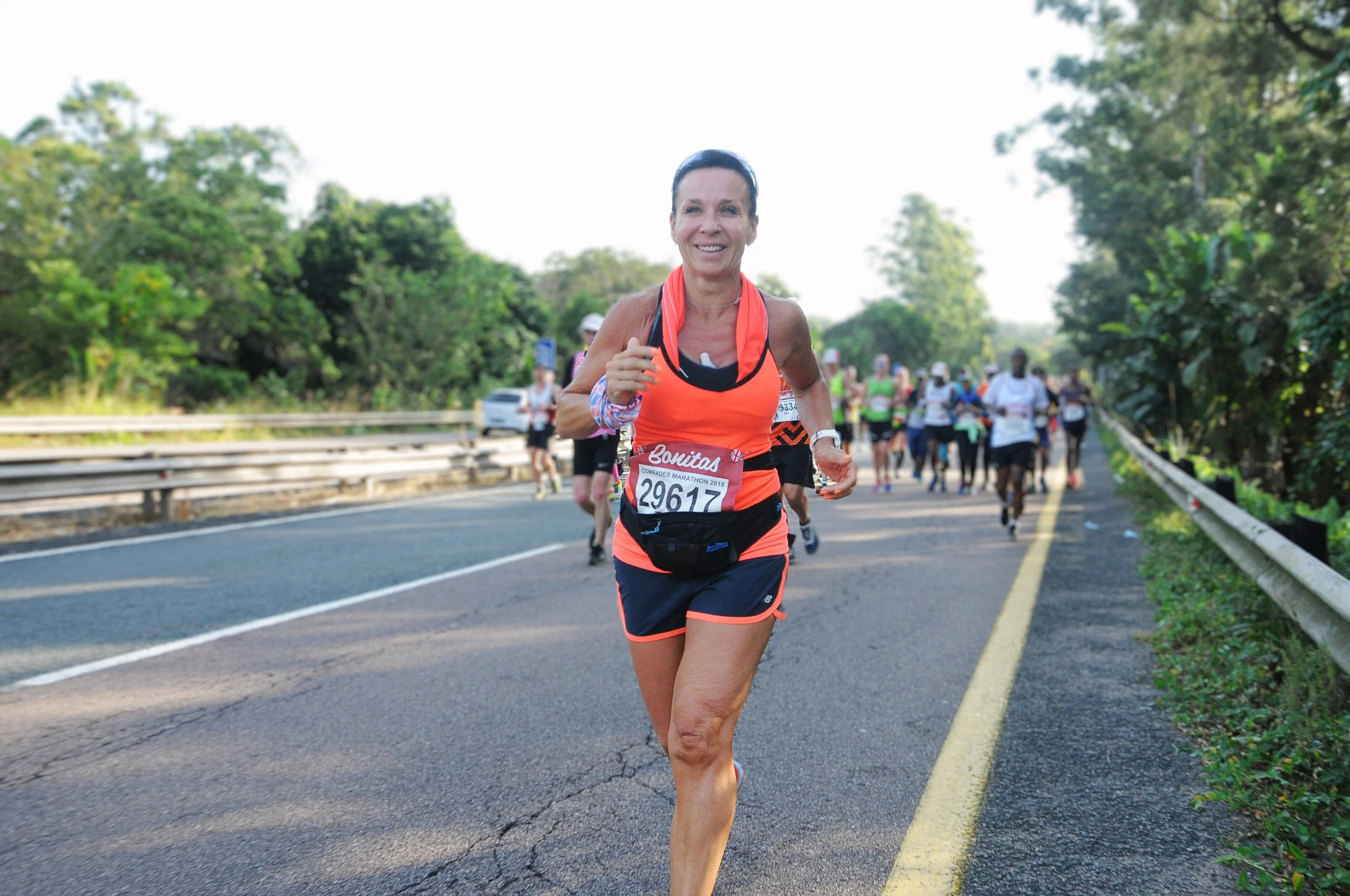Behind the player
Former world No. 206 Anastasia Polách on balancing full-time education with professional tennis, how it felt to walk away, and rediscovering her love for the sport.
Racing through doubt
British racing driver Lydia Walmsley reflects on her biggest technical leap yet, the reality of financial pressure in motorsport, and battling self-doubt.
Cutting strings
Rachelle Rogers shares how her journey from Olympic-chasing Alpine skier to commercial pilot taught her the true meaning of self-worth.
Drive from within
Rally trailblazer Molly Taylor reflects on the inner conviction that fuelled her rise, the mental challenges in motorsport, and her groundbreaking career.
Just another view
Para-athlete Tricia Downing discusses the mindset that became key to her recovery after a life-changing accident forced her to rebuild her entire identity.
Built for pressure
Jess Edgar reflects on the unique pressures of car racing and how she’s learned to thrive under pressure through her journey from karting to the F1 Academy.
Learning at speed
British motorcycle rider Chloe Jones explains how she’s discovering that racing the elite in the WorldWCR is a test of mindset as much as machinery.
Chart your course
Olympic medallist Myriam Fox-Jerusalmi reflects on balancing motherhood with coaching and her successful fight for gender equity in canoe slalom.
Redefining the race
Marathon swimmer Amber Keegan discusses her fight against an eating disorder and how missing the Paris 2024 Olympics became the catalyst for driving her non-profit, Athlete Interactions.
Getting it done
Ultra runner Ali Young has conquered some of the world’s most extreme races, including becoming the only British woman to finish the gruelling 153-mile Spartathlon three times.
Who says you can’t?
After being told she couldn’t do it, Fiona Conway launched her ultra running journey by embracing the mental challenge, discovering that the mind, not the body, is key to endurance.


